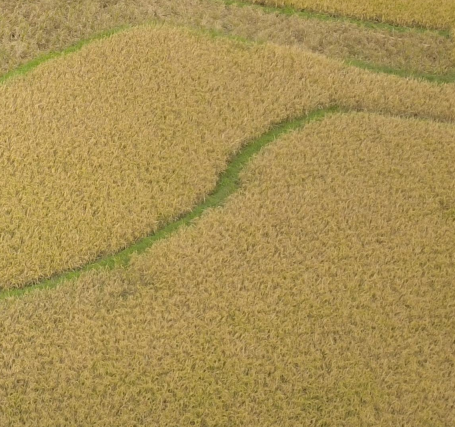
STRATEGIC ASSESSMENT. Global food security is rising high up the G20 agenda. The urgency and complexity of the problems are immense. When G20 leaders meet at the Bali Summit this November, they should be mindful of three major challenges of jointly securing food supplies and mitigating climate change, and consider three potential areas of agreement.
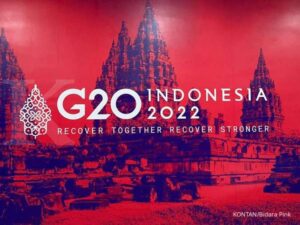
First, climate change increasingly exasperates global food systems, and vice versa. The just-released Southeast Asia Climate Outlook 2022, based on a regionwide survey, finds that people — especially rural residents — are anxious about the impact of extreme weather events on their food supply chains.
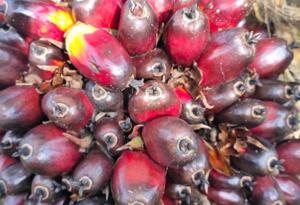
Worsening climate change adds pressure to food production, which already needs to increase (calorie-wise) by 70 per cent by 2050 due to population growth and dietary change. Globally, increased temperature and rainfall affect the output of major crops by as much as 25 per cent.
Agriculture is not just the sector most vulnerable to climate change, it is also a major cause of greenhouse gas (GHG) emissions. The world’s food systems contribute around 25-30 per cent of global GHG emissions, from land use to post-retail activities or by-products, such as cooking and waste.
Nearly all agriculture and finance ministers from the G20 major economies agreed to ask the World Bank to map out the various initiatives underway to address ongoing food insecurity, Finance Minister Sri Mulyani said.

After an inaugural joint meeting in Washington, D.C. Minister Sri said the mapping exercise would draw on technical experts and other relevant organizations to analyze existing initiatives and identify any gaps. She said most G20 officials remained deeply concerned about food insecurity and fertilizer shortages driven by Russia’s war in Ukraine.
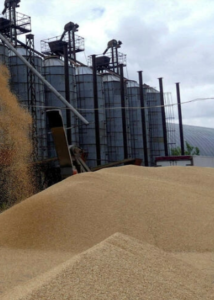
Indonesian officials have proposed to the G20 a set of possible solutions to a looming global food crisis as geopolitical tensions threaten food and fertilizer supplies worldwide. At a press conference in Washington, D.C., Agriculture Minister Syahrul Yasin Limpo said the G20 was committed to guaranteeing continued food production and making it available for cross-border trade. Syahrul was speaking at the first Joint Finance and Agriculture Ministers’ Meeting (JFAMM), which brought together top officials from G20 countries as part of the G20 forum, which Indonesia is chairing this year. The minister called on the G20 to increase the production of key food commodities that weighed heavily on inflation, reduce imports through substitution with domestic goods where possible and increase food exports. He said Indonesia was already on track with these policies, which he referred to as a “triple intervention.”

Neither Russia nor the West are willing to back down in their argument over what is causing disruption in food supply, meanwhile completely disregarding its impact on global food insecurity that might creep up on the world in 2023.

U.N. experts have revealed there are no severe shortages of wheat seeing as how the Food and Agriculture Organization (FAO) has raised this year’s forecast on world wheat production by 6.7 million tons, and the global wheat inventories are predicted to rise marginally above their opening levels by the end of the 2023 season.

While food was exempted from the West’s sanctions on Russia, yet – as per Bloomberg – bankers and insurers are “cautious about doing business with Russia and shipping lines are wary of sending their vessels into a war zone,” which Ilichev argued was the cause of global supply chain interference.
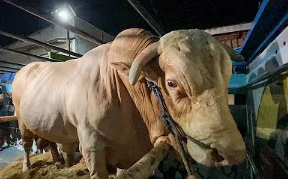
Lamented the lack of Indonesian startups in the field of agriculture amidst increasing threats of the food crisis. Jokowi reminded startups and young entrepreneurs that this condition can be a great opportunity for them as there are 19,600 people in the world who die of hunger due to food crises, according to data.
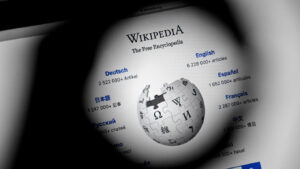
Food systems and global food security are at a critical moment. The compounded impacts from a global pandemic, growing pressures from the climate crisis, high energy and fertilizer prices, and protracted conflicts, including Russia’s latest invasion of Ukraine have disrupted production and supply chains and dramatically increased global food insecurity, especially for the most vulnerable.

We can only overcome global food insecurity by working together to create innovative partnerships – including international financial institutions and other key stakeholders – within the global community. We commit to strengthen international cooperation and partnership initiatives between the United Nations and regional and sub-regional organizations as well as civil society organizations.





